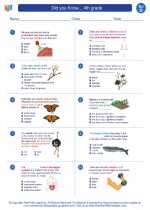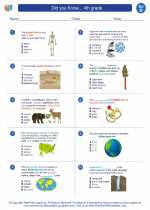Archaeology
Archaeology is the study of human history and prehistory through the excavation and analysis of material culture. It involves the investigation of artifacts, architecture, biofacts, and cultural landscapes to understand and reconstruct past human societies.
Key Concepts
- Material Culture: The physical evidence of a culture, including artifacts, tools, and structures.
- Excavation: The process of carefully uncovering and documenting archaeological remains.
- Stratigraphy: The study of rock layers and the sequence of events they represent.
- Dating Methods: Techniques used to determine the age of archaeological materials, such as radiocarbon dating and dendrochronology.
- Cultural Landscapes: The combined works of nature and humans that reflect a long-term interaction between people and their environment.
Study Guide
- What is the definition of archaeology?
- Explain the significance of material culture in archaeology.
- Describe the process of excavation in archaeology.
- What is stratigraphy and how is it used in archaeology?
- Provide examples of dating methods used in archaeology and their significance.
- Discuss the concept of cultural landscapes and its importance in understanding past human societies.
These key concepts and study guide questions will help you to understand the fundamental principles of archaeology and its methods of investigation.
.◂Science Worksheets and Study Guides Fourth Grade. Did you Know... 4th grade
Study Guide Did you Know... 4th grade
Did you Know... 4th grade  Worksheet/Answer key
Worksheet/Answer key Did you Know... 4th grade
Did you Know... 4th grade  Worksheet/Answer key
Worksheet/Answer key Did you Know... 4th grade
Did you Know... 4th grade  Worksheet/Answer key
Worksheet/Answer key Did you Know... 4th grade
Did you Know... 4th grade 

 Worksheet/Answer key
Worksheet/Answer key
 Worksheet/Answer key
Worksheet/Answer key
 Worksheet/Answer key
Worksheet/Answer key

The resources above cover the following skills:
Core Ideas for Knowing Science
Life Science
Organisms are organized on a cellular basis and have a finite life span.